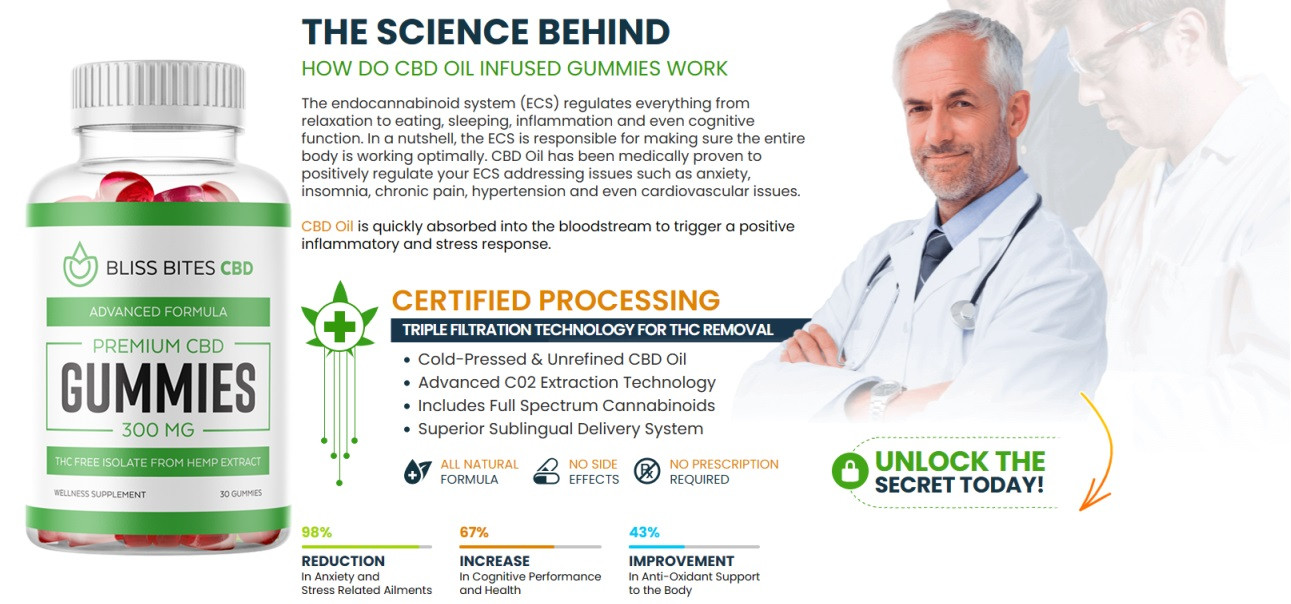Starting a pharmaceutical company is a complex endeavor that requires careful planning, substantial investment, and compliance with regulatory requirements. Here is a step-by-step guide to help you navigate the process:
1. Conduct Market Research:
Before diving into the pharmaceutical industry, it's crucial to conduct thorough market research. Identify potential gaps or opportunities in the market, assess the demand for specific types of drugs or therapies, and analyze the competitive landscape.
2. Define Your Business Model:
Decide on the type of pharmaceutical company you want to establish. Will you focus on generic drugs, specialty medications, biologics, or innovative therapies? Determine your target market, pricing strategy, and distribution channels.
3. Develop a Business Plan:
Create a comprehensive business plan that outlines your company's objectives, market analysis, product portfolio, operational strategy, financial projections, and marketing plan. A well-defined business plan will serve as a roadmap for your company's growth and development.
4. Secure Funding:
Starting a pharmaceutical company requires significant financial investment. Explore funding options such as personal savings, loans, venture capital, angel investors, or partnerships with other companies. Ensure you have sufficient capital to cover startup costs, research and development expenses, regulatory fees, and operational expenses.
5. Establish Legal Structure:
Choose a legal structure for your pharmaceutical company, such as a sole proprietorship, partnership, limited liability company (LLC), or corporation. Consult with legal and financial advisors to determine the most appropriate structure based on your business goals and risk tolerance.
6. Obtain Necessary Licenses and Permits:
Compliance with regulatory requirements is essential for pharmaceutical companies. Obtain the necessary licenses, permits, and certifications from regulatory authorities such as the Food and Drug Administration (FDA) in the United States or the European Medicines Agency (EMA) in Europe. This may include a pharmaceutical manufacturing license, drug establishment registration, and Good Manufacturing Practice (GMP) certification.
7. Develop Products:
Invest in research and development to develop pharmaceutical products that meet unmet medical needs or address market demand. Collaborate with scientists, researchers, and contract manufacturing organizations (CMOs) to develop and manufacture high-quality drugs or therapies.
8. Conduct Clinical Trials:
Before seeking regulatory approval, conduct clinical trials to evaluate the safety and efficacy of your pharmaceutical products. Design and implement clinical trial protocols in accordance with regulatory guidelines, and collect data to support future regulatory submissions.
9. Navigate Regulatory Approval Process:
Prepare and submit regulatory applications for product approval, such as Investigational New Drug (IND) applications, New Drug Applications (NDAs), or Marketing Authorization Applications (MAAs), depending on your target market. Work closely with regulatory consultants and legal advisors to navigate the regulatory approval process efficiently.
10. Establish Distribution Channels:
Develop distribution channels to ensure widespread access to your pharmaceutical products. This may involve partnering with wholesalers, distributors, pharmacies, hospitals, or specialty pharmacies to distribute your products to healthcare providers and patients.
11. Implement Quality Control Systems:
Implement robust quality control systems to ensure the safety, purity, and potency of your pharmaceutical products. Adhere to Good Manufacturing Practices (GMP) and other quality standards to maintain product quality and regulatory compliance.
12. Launch and Market Products:
Once regulatory approval is obtained, launch your pharmaceutical products in the market and implement marketing strategies to promote awareness and adoption. Collaborate with healthcare professionals, key opinion leaders, patient advocacy groups, and payers to maximize market penetration and sales.
13. Monitor and Evaluate:
Continuously monitor the performance of your pharmaceutical products, gather feedback from healthcare professionals and patients, and evaluate market trends. Adapt your strategies as needed to optimize product performance and maintain competitiveness in the market.
Conclusion:
Starting a pharmaceutical company is a complex and challenging process that requires careful planning, substantial investment, and compliance with regulatory requirements. By following these steps and seeking expert guidance, you can navigate the complexities of the pharmaceutical industry and establish a successful company that brings innovative therapies to market, improves patient outcomes, and contributes to the advancement of healthcare.








